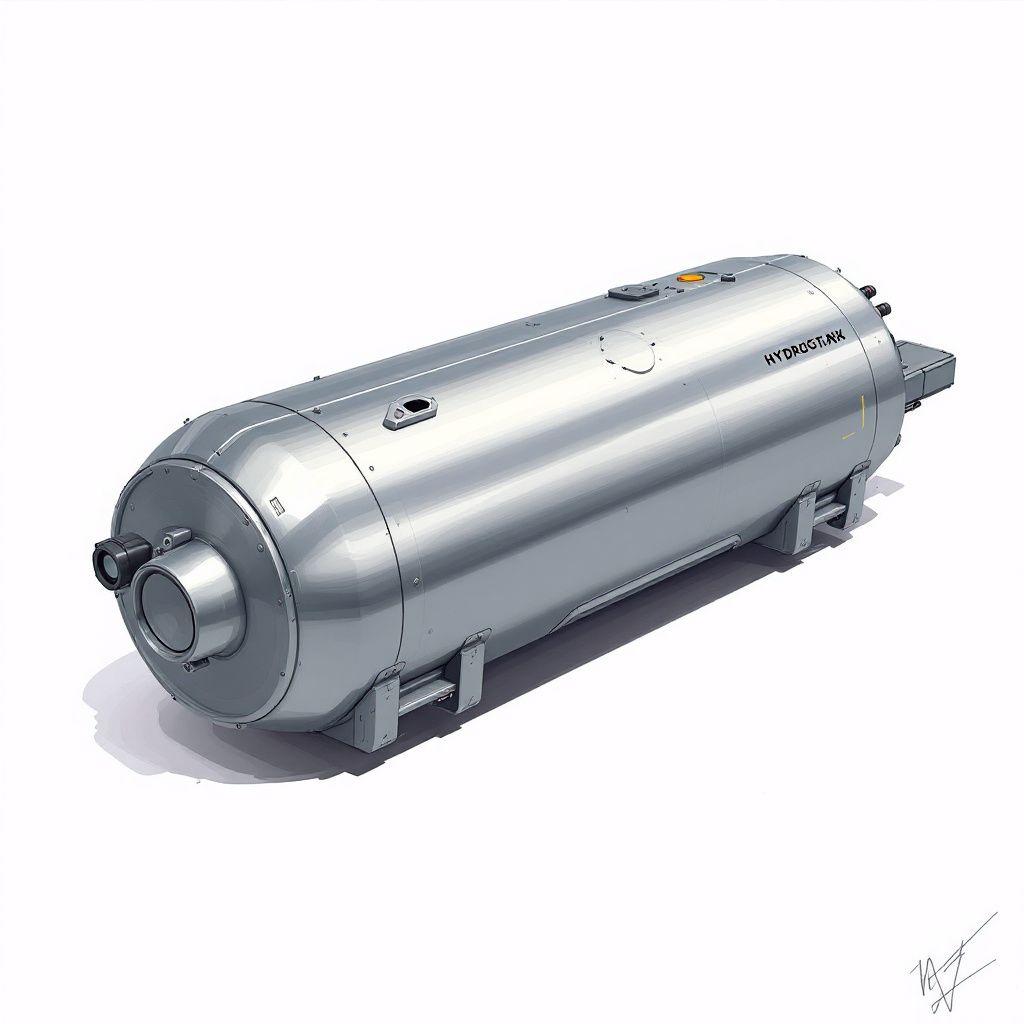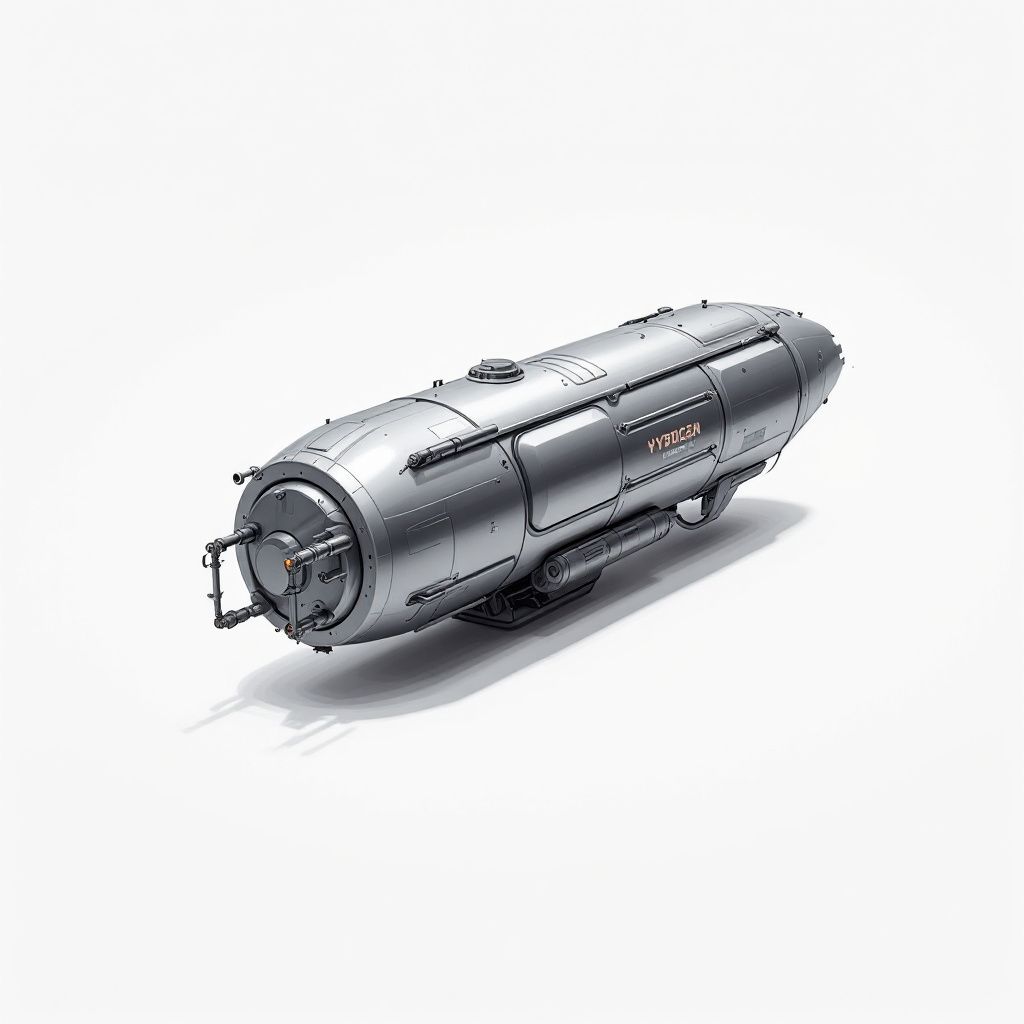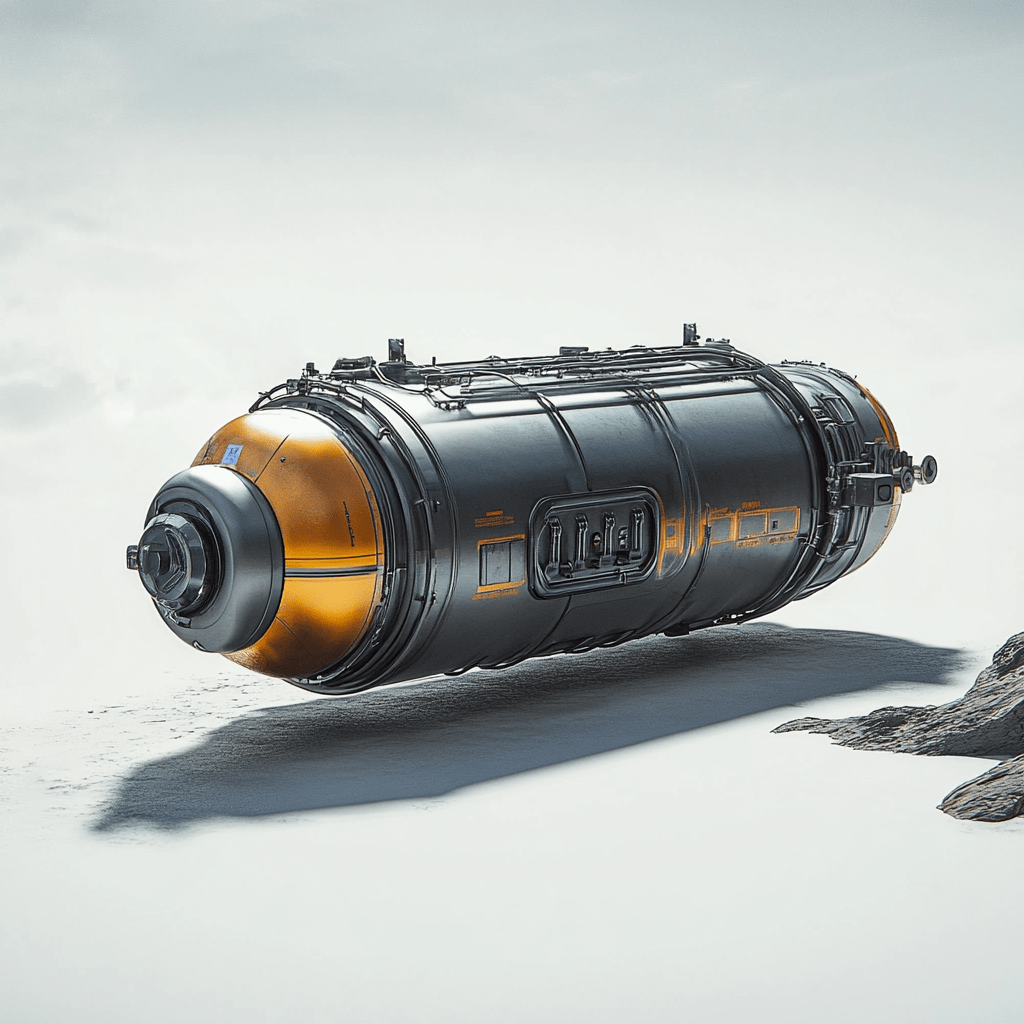Introducing the revolutionary new energy source in aviation and drone technology: Hydrogen Fuel Cells.
Not only environmentally friendly, but this technology also enhances performance and efficiency, redefining how drones will operate in the future.
OUR SOLUTIONS
Fuel Technology
1 years
successful experience
$25,000
monthly net investment

What is a Hydrogen Fuel Cell?
A hydrogen fuel cell is a device that directly converts chemical energy into electrical energy. In this process, hydrogen gas combines with oxygen, and the resulting chemical reaction produces electricity. The outcome: only water vapor and heat. In other words, it is an energy source that operates with zero emissions.

Working Principle of the Fuel Cell
Hydrogen Source: Hydrogen gas stored in the tank is transferred to the fuel cell.
Chemical Reaction: Hydrogen splits into protons and electrons. While protons move from one side of the fuel cell to the other, electrons pass through an external circuit, and this movement generates electricity.

Advantages of Hydrogen: Why Hydrogen?

You can contact us for more detailed information about our products.
Future Technology: Applications of Hydrogen
Get in Touch
Contact us for more detailed information. We are ready to assist you!